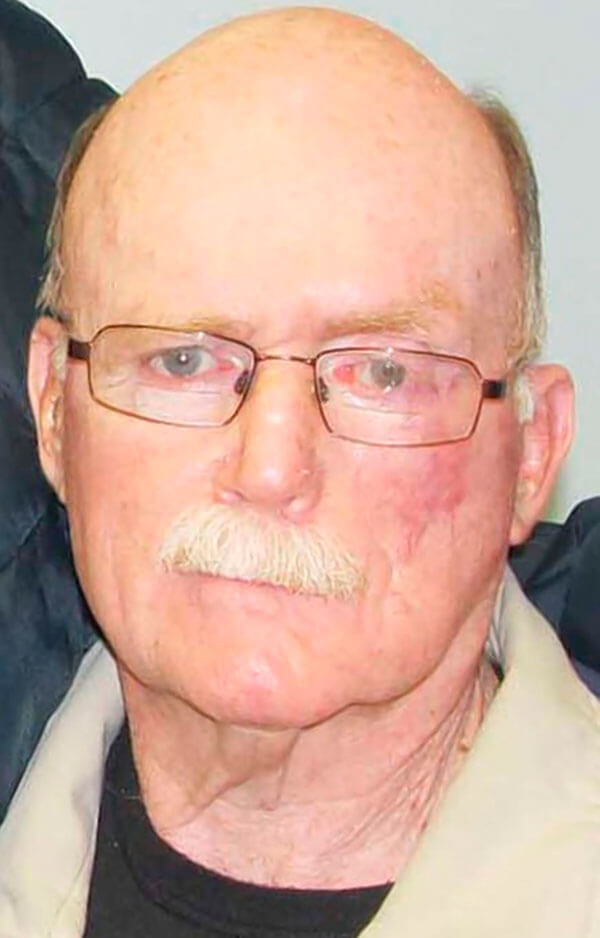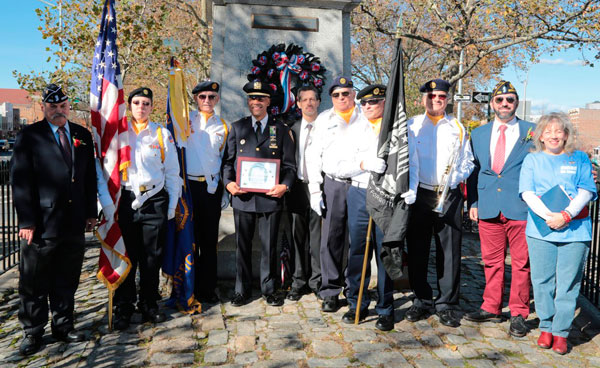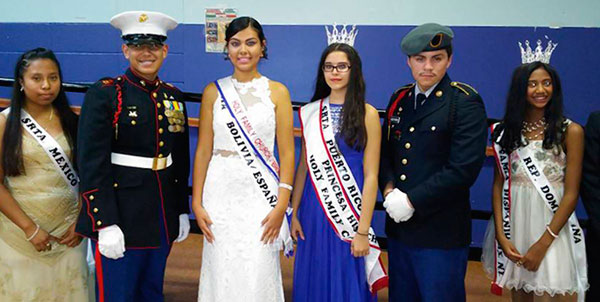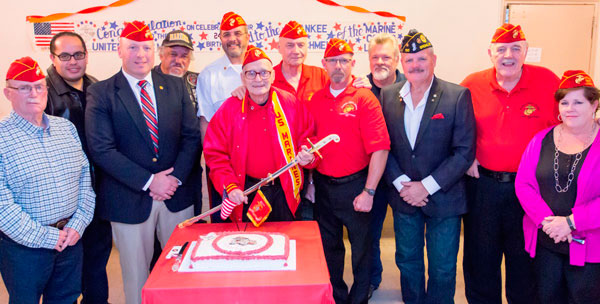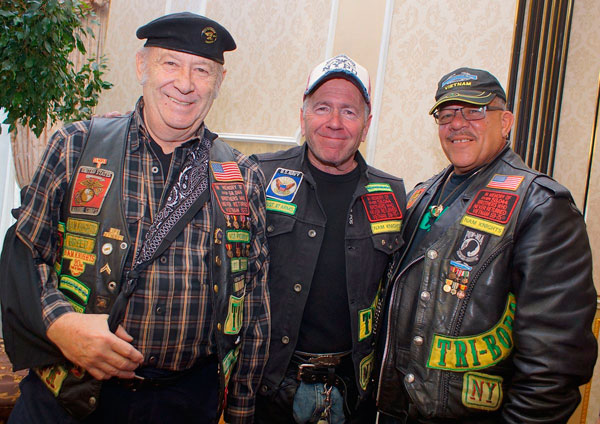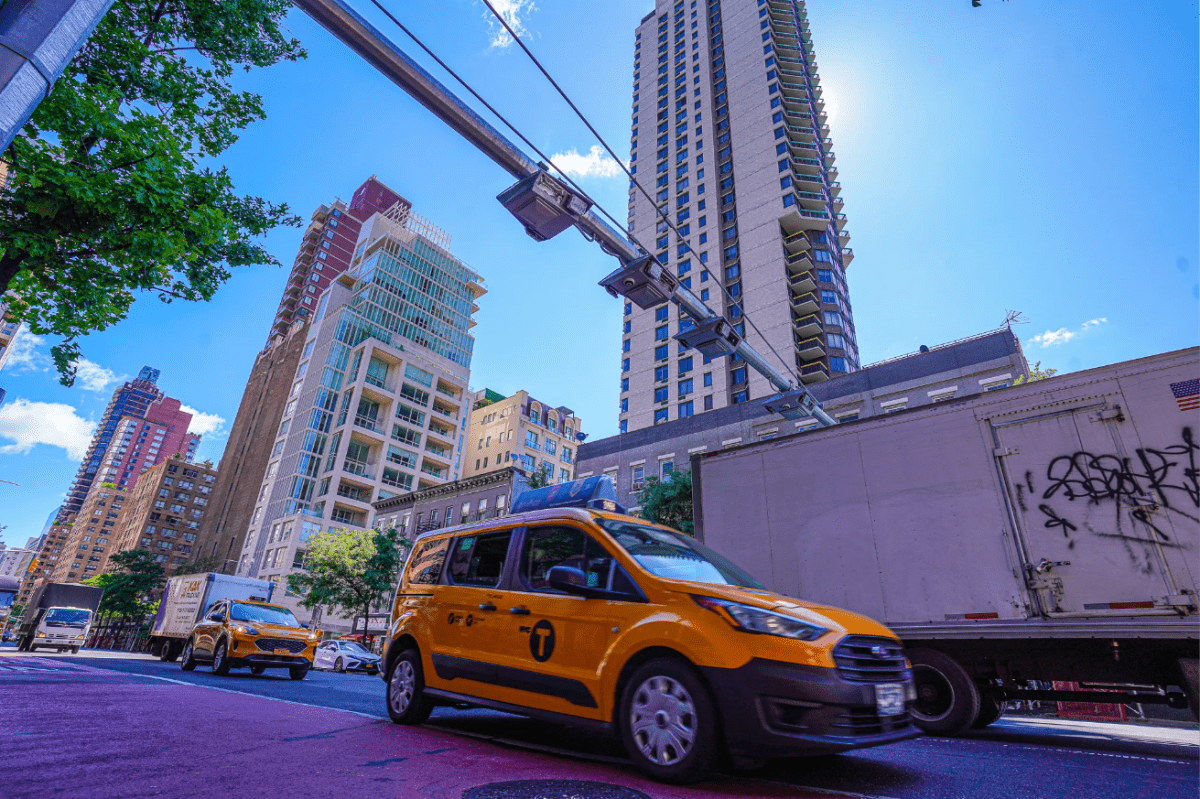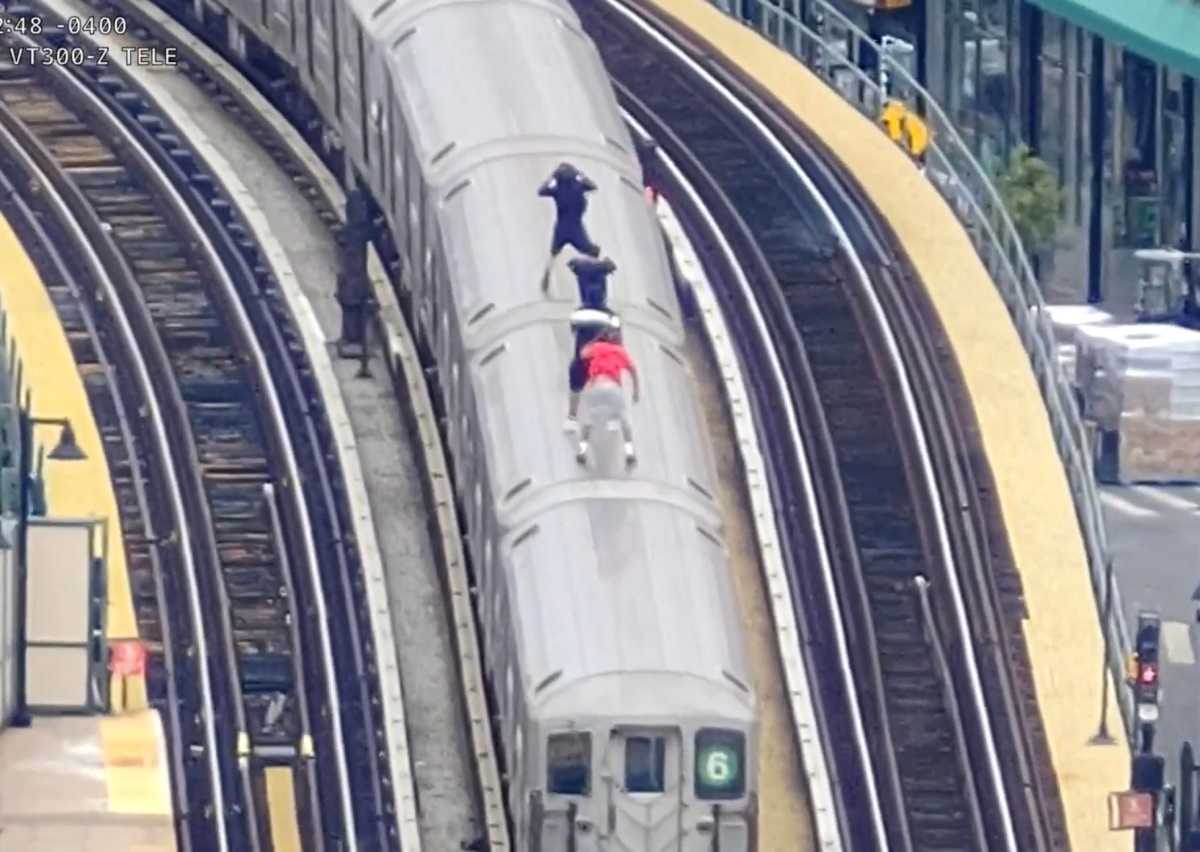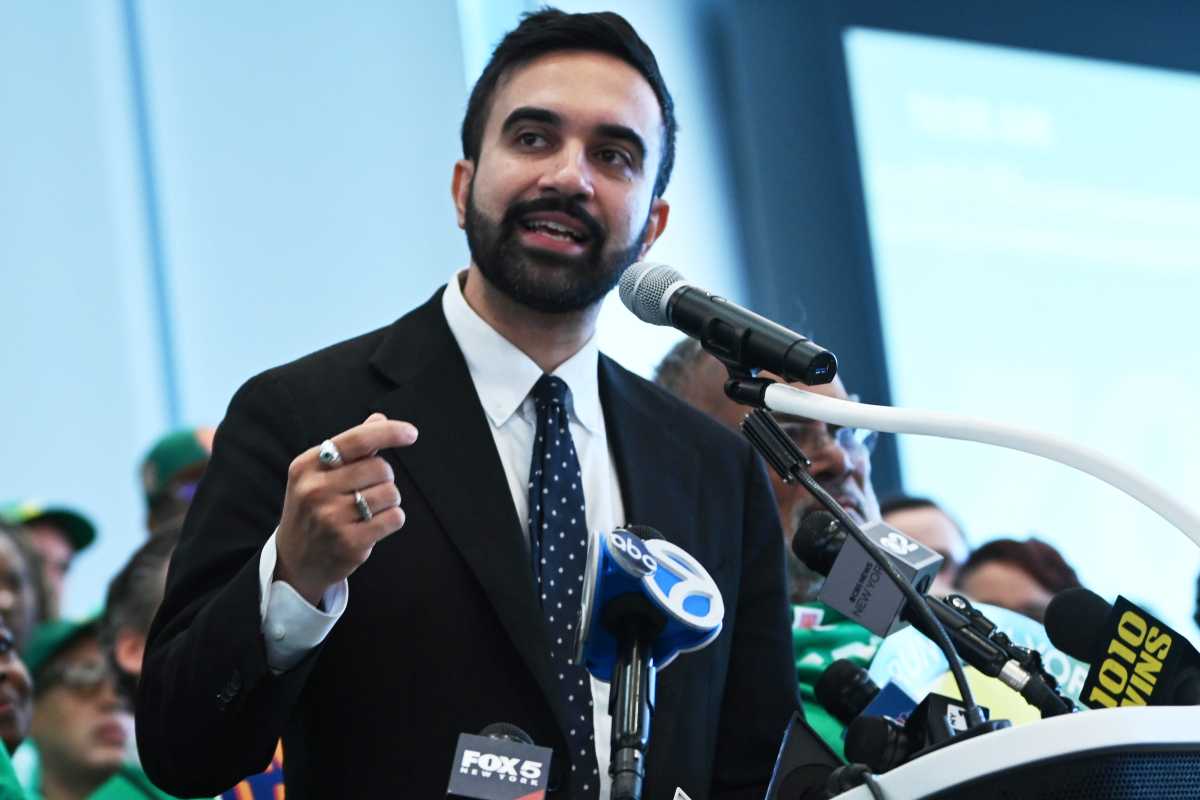The Bronx is home to just under 18 percent of the 210,808 veterans that call New York City home, according to city statistics.
While that is the second-lowest percentage behind Staten Island, it still leaves many veterans in need of help within the borough.
There were approximately 1,000 homeless veterans living in New York City in 2015, according to the city’s Department of Veterans Services, formerly known as the Office of Veteran’s Affairs.
Information on the many services offered by the department can be found at www.nyc.gov/
Pat Devine, who sits on the Department of Veteran’s Services Veteran’s Advisory Board, said the number of homeless in the city isn’t abating.
He recalled a homeless vet from Kansas who somehow ended up living in a car near Lehman High School.
“He went to live with his sister and it didn’t work out and he couldn’t afford to live in the city,” Devine said.
He and fellow Bronx American Legion members held a fundraiser to raise $2,000 to have his car repaired to allow him to return to the Jayhawk state.
He said he continues to pay the man’s legion dues so he can continue receiving American legion assistance.
“We vets are here and we work together,” he said.
That story is a familiar one for Linson Bailey, who works for Help USA, a national homeless assistance program that also works with homeless veterans.
Bailey runs a Veteran’s Administration-funded Supportive Services for Veterans Families Program aimed at helping veterans who are homeless or in danger of becoming homeless find long-term housing.
While veterans from the Vietnam War have traditionally been the largest group in need of assistance, he said veterans of recent wars seeking help has been increasing over the past two years.
“They may have come back initially and stayed with family and friends, but because of that transition, it takes some time for issues to emerge and for people to become frustrated with that family member, so those relationships break down,” Bailey said.
In addition to poverty, veterans can also end up homeless due to other factors that affect them, such as PTSD, substance abuse or and other mental and emotional health issues that make assimilation to civilian life difficult.
“It’s really tough for folks who transition from military life and face the same issues we’re all going through,” he said.
Bailey said his program tries to initially help those veterans find housing and provide financial assistance for up to nine months to allow them to deal with other issues, such as unemployment.
“If they’re living in a shelter, its very hard to find a job,” he said.
In addition to running shelters for New York City, the organization also offers case managers, on-site legal services and housing specialists and also has the capacity to provide financial assistance for brokers fees or job training, Bailey said.
More information is available at www.helpu

